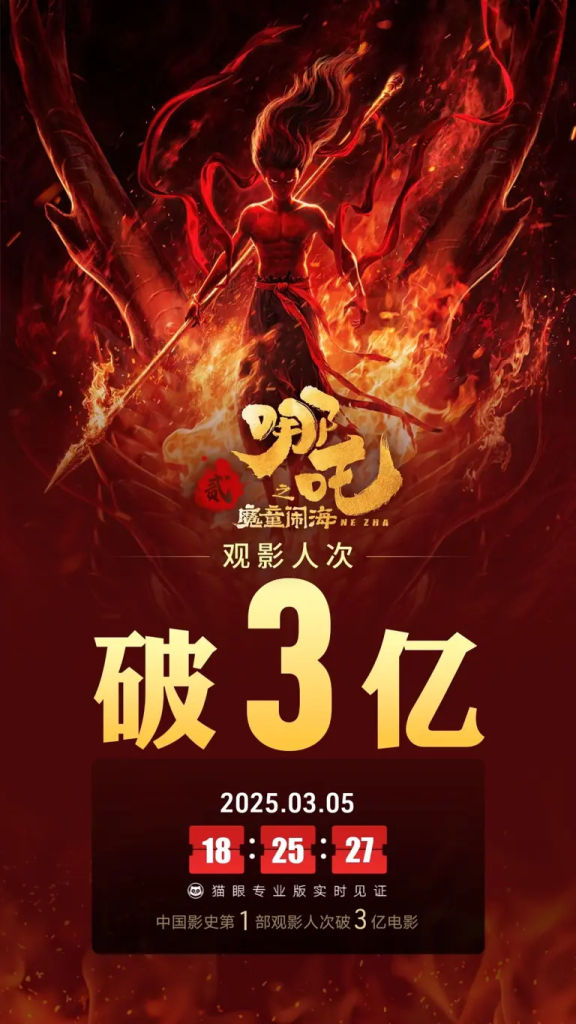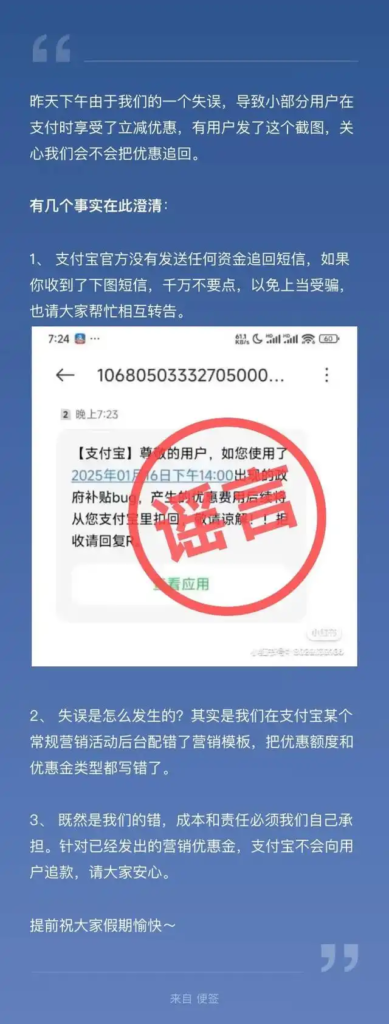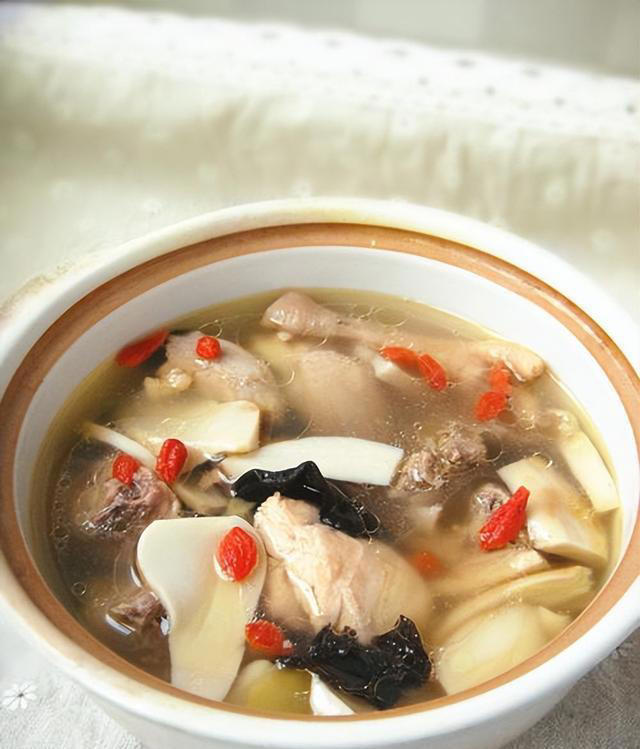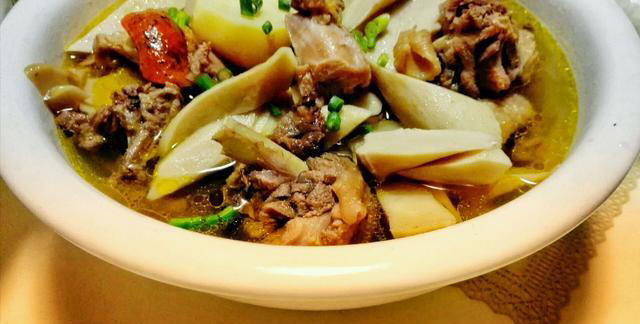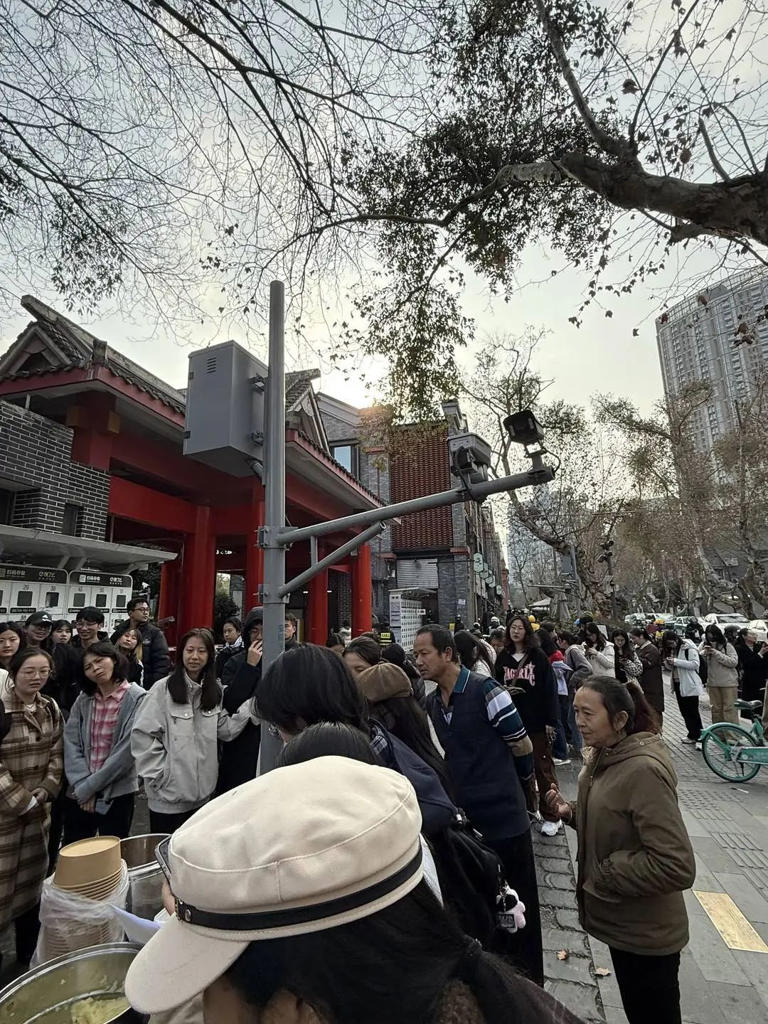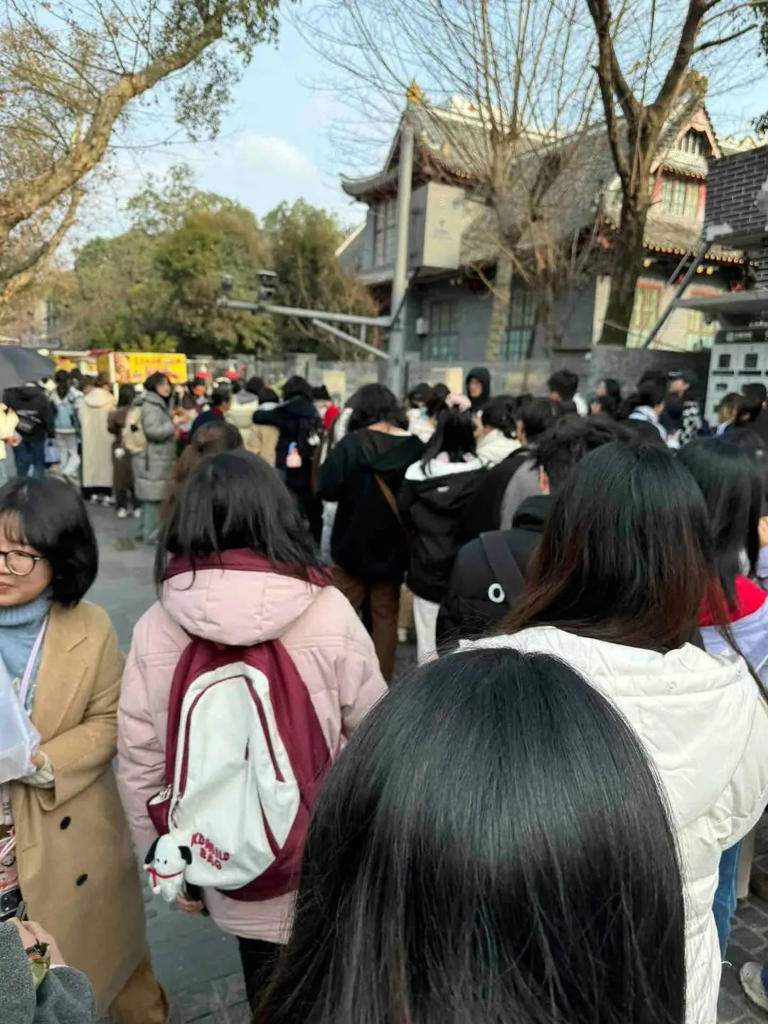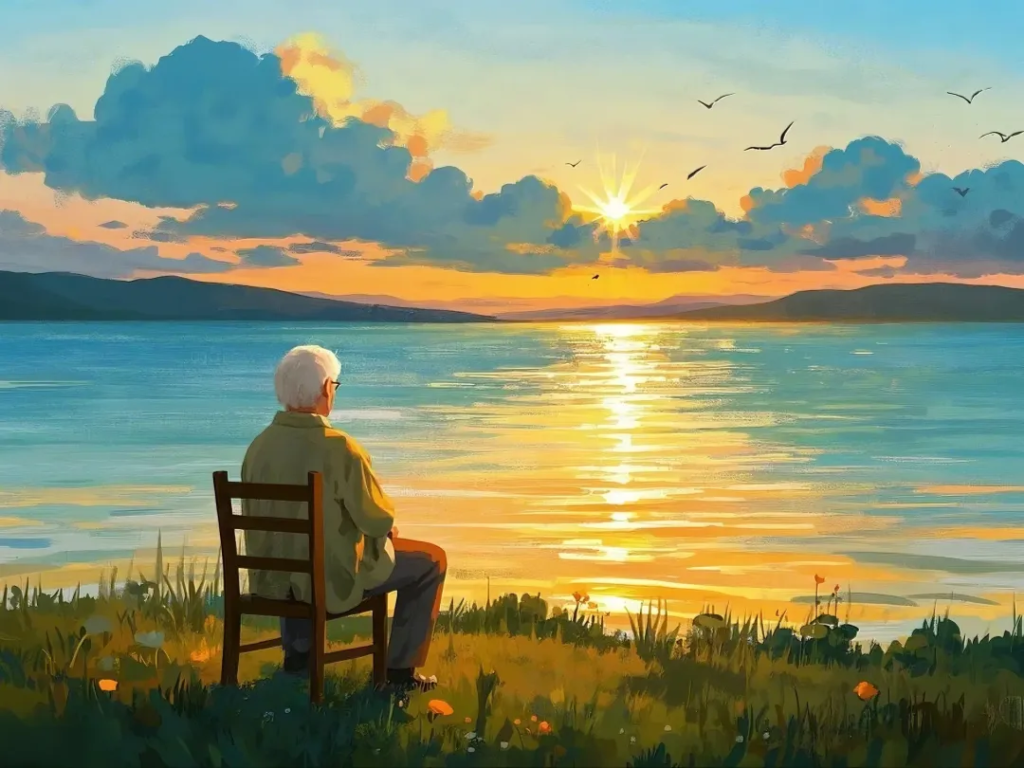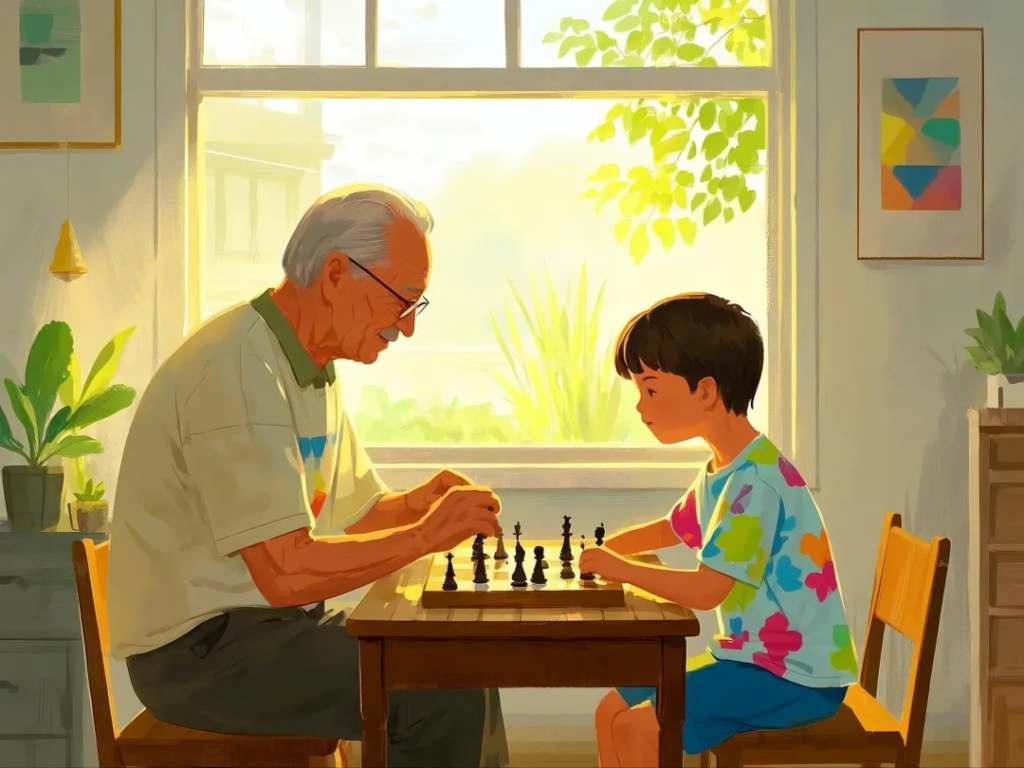With the passage of time, classics have always become a lingering memory in people’s hearts. For the post-80s and post-90s, Stephen Chow’s movies are undoubtedly one of the symbols of that era. And when the sequels or remakes of these classics come back on the scene, they always trigger waves of heated discussions, feelings and expectations are intertwined, and controversy and cheers coexist.
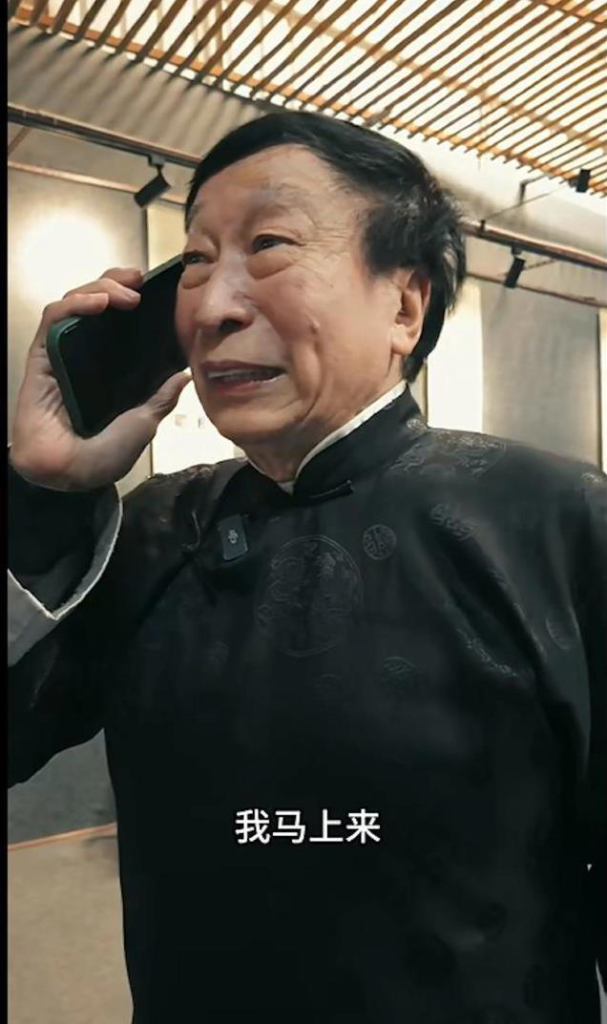
Recently, the news about “Kung Fu 2” has once again caused a lot of turmoil. Whether it is movie fans or audiences who have been crazy in front of the big screen, they are all expressing their opinions. From the discussion on social platforms to the chatter on the streets, the name of “Xingye” is full of them. Everyone seems to be waiting to see if this classic sequel can ignite the spark in their hearts again.
However, after many years, the news of “Kung Fu 2” sparked heated discussions among all parties. Especially after learning that the movie will no longer have the participation of “Uncle Da” Zeng Zhiwei, many fans expressed their disappointment. A fan wrote on social media: “I really don’t want to watch “Kung Fu 2” without Uncle Da. “Although some viewers expressed anticipation, many regretted it. Uncle Da’s performance with great joy and personality has long become an indispensable element of the “Kung Fu” series. Without him, something seems to be missing.
It also makes us wonder why many sequels to classics are always difficult to surpass the magic of the originals. Is it true that the creator ignores the key element of “feelings” when treating the classics? After all, fans not only want to watch a movie, but also hope to find their own youth and memories from it.
Stephen Chow, this “star master” never seems to lack topics. Whether it is the nonsensical humor in the movie or the strong personal charm in him, it always makes the audience look forward to his work. Whether it is “Journey to the West” or “Kung Fu”, he presents a vivid role in a unique way, creating a classic image in the minds of many audiences.
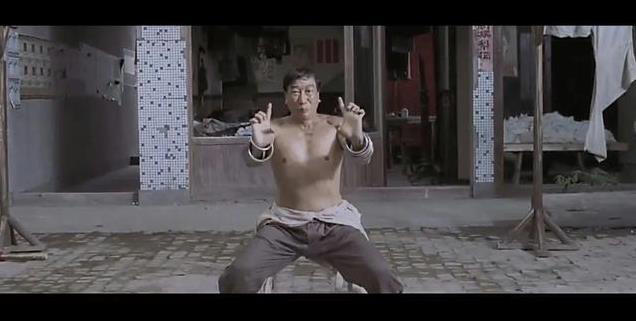
However, perhaps it is precisely because of Stephen Chow’s special charm that “Kung Fu 2” is difficult to avoid the problem of “feelings” no matter what. Some people say that Xing Ye’s movies sometimes wrap deep philosophies with humor, and although his characters are funny, they can always inspire people in life. And can “Kung Fu 2” continue this “magic”? This may be more interesting than the plot of the film itself.
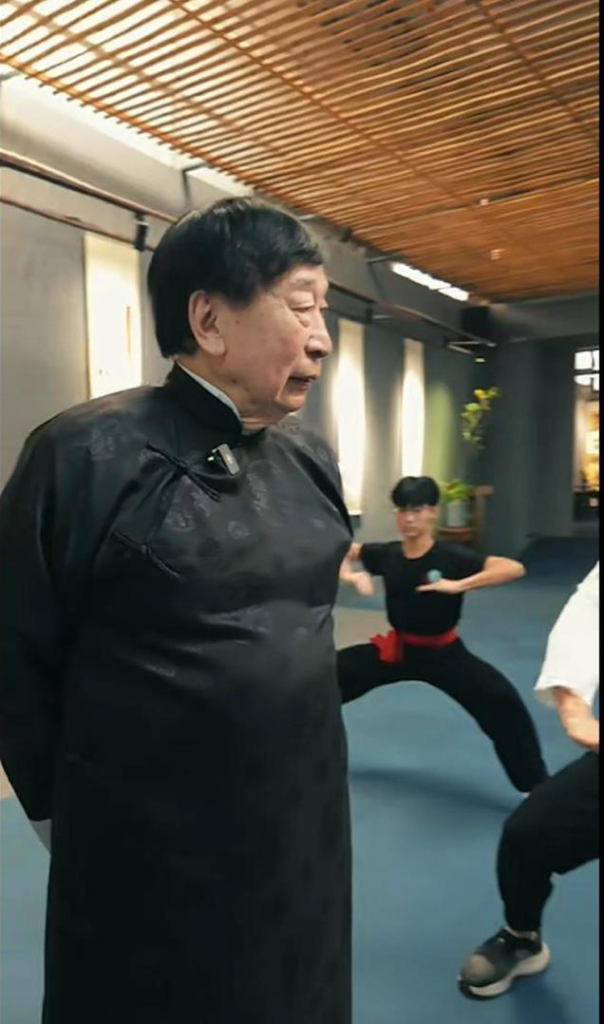
But judging from the current situation, many fans’ expectations for the sequel seem to be no longer as simple as simply “watching a movie”. On the contrary, he pays more attention to whether it can bring him the “emotional resonance” of the past. After all, the power of cinema is not only in the visual shock, but also in the emotional touch conveyed through the screen. And that’s why many classic films are so enduring.
For many filmmakers, the production of a sequel is like a double-edged sword. It is necessary to retain the essence of the original work, but also to add enough novelty to attract the audience. However, this balance is often difficult to strike. On the one hand, relying too much on the “classic elements” of the original work may make the film seem lacking in novelty, and even be criticized as “fried cold rice”; On the other hand, excessive innovation may disappoint old audiences, who think that the new work deviates from the spirit of the original.
“Kung Fu 2” faces such a problem. If it relies too heavily on the successful elements of its predecessor in some ways, it may feel like a “consuming classic”; But if it is overly innovative, it may make people lose their familiarity with Stephen Chow’s works, and even bring dissatisfied repercussions such as “Kung Fu without Xingye”.
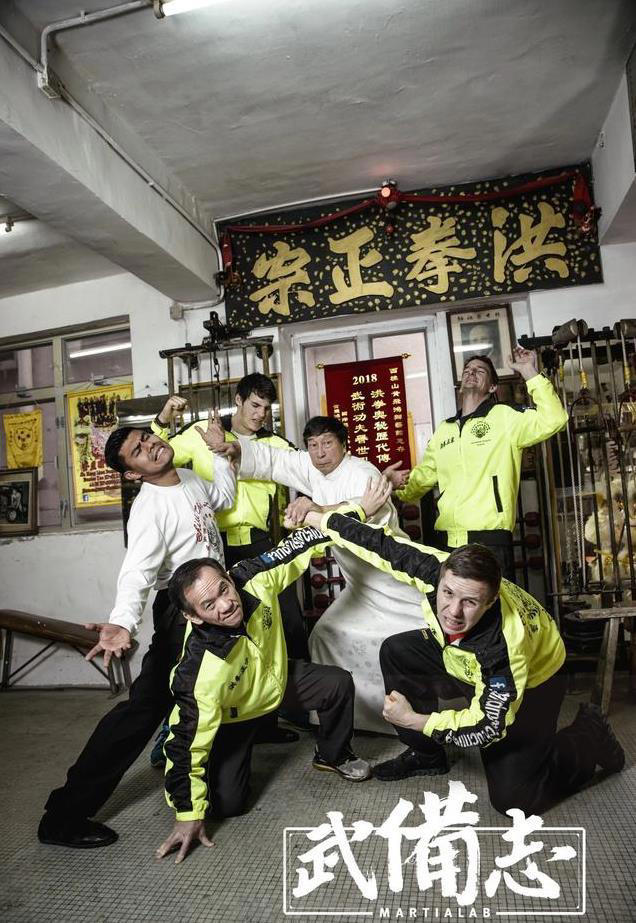
This is not the first time this has happened. In the film and television industry, many sequels and remakes of classic movies have faced similar problems. For example, the “Avengers” series, although each of them has been a commercial success, it is difficult to avoid criticism from some fans for “excessive commercialization”. Not to mention, a classic like Titanic will cause heated debate once there is discussion of a sequel.
Whenever a sequel or remake of a classic is put on the agenda, audience expectations are often mixed. On the one hand, they are eager to continue their love for the story and see the characters grow and change through new works; But on the other hand, they don’t want the characters they once loved to be over-consumed and eventually reduced to a tool for commercialization.
It is not difficult to find that fans’ enthusiasm for “Kung Fu 2” comes more from emotional needs. This is why many people are willing to look forward to and watch the sequel even though they know that it may not be as exciting as the original. Feelings are an indescribable power, which travels through the long river of time and reaches the softest place in the heart of every movie fan.
For film production companies, a sequel to a classic is undoubtedly a commercial opportunity. From a box office standpoint, sequel success tends to attract a large number of loyal fans to support them, and as a result, they usually spend more money and resources to ensure the quality of production. But the problem is that how to balance the relationship between “feelings” and “business” has become a difficult problem that the producer must solve.
In any case, “Kung Fu 2” is an attempt after all, and what kind of surprises or disappointments it can bring us will become a footnote in film history. For fans, perhaps the most important thing is not to look forward to whether this film can surpass its predecessor, but whether it can once again evoke those warm memories of youth, dreams and struggles in our hearts.

 Entering China
Entering China






